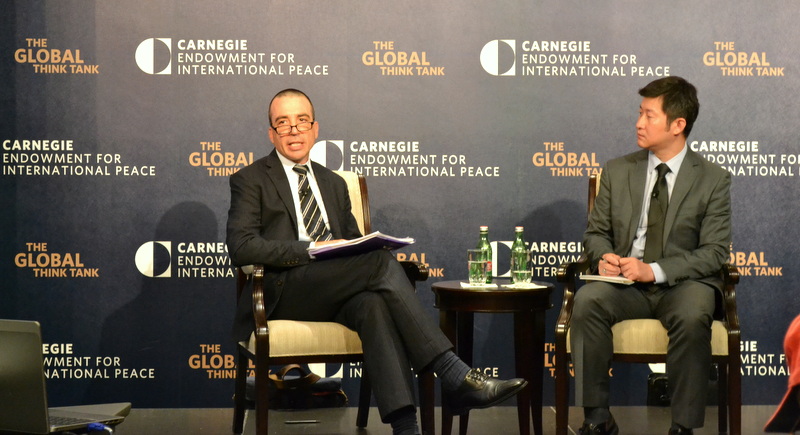Registration
You will receive an email confirming your registration.
Petroleum coke (petcoke), a by-product of petroleum refining that is high in contaminants, has quietly emerged in China as an inexpensive but very dirty alternative to coal. A significant share of the petcoke used in China is imported from the United States, where it is generally considered waste. Beijing is committed to reducing coal consumption for environmental reasons, but the impact of petcoke’s use is not yet well-known to the country’s policymakers.
This lack of information poses significant challenges to Beijing’s efforts to tackle air pollution, address climate change, and effectively manage the growing consumption of petcoke while China continues to rely more on heavy and unconventional oil supplies.
Tao Wang
Tao Wang is a resident scholar at the Carnegie–Tsinghua Center for Global Policy, where he runs the China and the Developing World Program.
Richard Lattanzio
Richard Lattanzio is an environmental policy analyst at the U.S. Congressional Research Service, where he specializes in air quality and climate issues.
